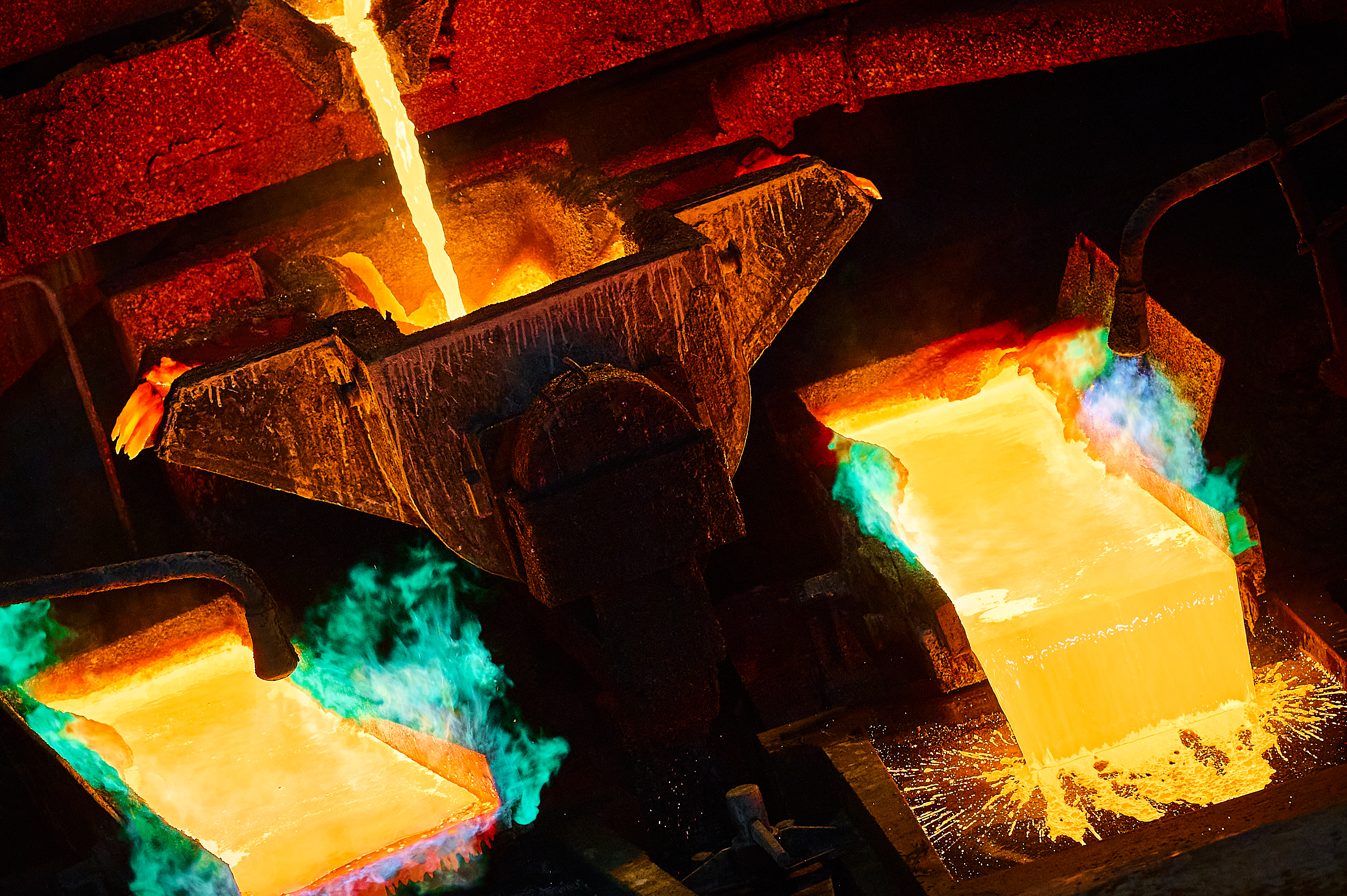Trump Reverses Biden-Era Copper Smelter Emission Rules to Strengthen U.S. Mineral Security

In a pivotal move aimed at enhancing U.S. mineral security, President Donald Trump announced on October 24, 2025, the reversal of stringent air pollution regulations on copper smelters introduced by the Biden administration. Under this new directive, U.S. copper smelters will be granted a two-year exemption, easing regulatory burdens on the nation's already limited smelting capacity.
The Copper Rule, finalized by the Biden administration in May 2024, introduced new emissions standards for copper smelters, including stricter limits on pollutants like lead, arsenic, mercury, benzene, and dioxins. These changes were part of broader efforts to reduce air pollution and protect public health. However, the regulation imposed significant challenges for the U.S. copper industry, which is already struggling with a declining number of operational smelters.
As of 2024, only two primary copper smelters remained in operation in the United States: one operated by Freeport-McMoRan in Arizona and the other by Rio Tinto in Utah. The new emission standards were seen as a major threat to these last remaining domestic smelting operations, potentially accelerating their closure and further increasing the country’s reliance on foreign-controlled copper supply chains.
President Trump’s proclamation grants a two-year extension for compliance with the new emissions standards, providing relief to the affected smelters. The exemption will allow these facilities to continue operating under existing standards, without the immediate need to implement costly and unproven emissions-control technologies.
“Imposing these requirements on such a limited and already strained domestic industry risks accelerating further closures, weakening the Nation’s industrial base, undermining mineral independence, and increasing reliance on foreign-controlled processing capacity,” the White House stated in announcing the change. “Preserving all domestic smelting capability is essential to ensuring access to critical minerals in times of crisis.”
This regulatory rollback comes as part of President Trump’s broader strategy to ensure U.S. mineral security. In addition to exempting copper smelters from the new pollution standards, the administration has also imposed a 50% tariff on certain imported copper and mandated that a larger portion of high-quality scrap copper produced in the U.S. be sold domestically. These measures are aimed at reducing U.S. dependence on foreign copper and strengthening domestic supply chains.
Copper is essential to various industries, including energy, defense, and manufacturing. As the world faces increasing geopolitical tensions and supply chain disruptions, ensuring a stable and self-reliant copper supply is seen as vital to the nation’s economic and national security.
The decision to roll back the copper smelter emission rules marks a shift in the U.S. government’s regulatory approach. While environmental advocates argue that stricter emissions standards are necessary for public health, industry leaders have voiced concerns that such regulations could force domestic smelters to close, further deepening the nation’s reliance on foreign copper.
The two-year exemption provides smelters with time to adjust and plan for future regulatory changes. It is seen as a temporary solution that allows the industry to continue operations while the government seeks a more balanced approach to environmental and national security needs.
By reversing the Biden-era copper smelter emissions rules, President Trump has taken steps to safeguard U.S. industrial capacity and mineral security. The two-year compliance extension for domestic smelters is a key part of the administration’s broader strategy to reduce dependence on foreign-controlled mineral resources and maintain a robust domestic supply of copper.
Source: White House






